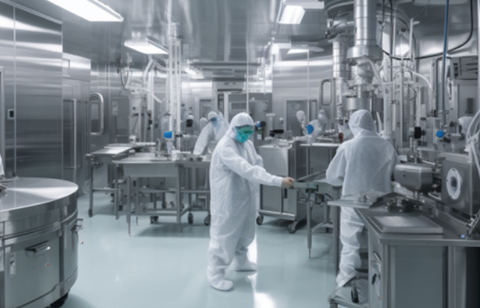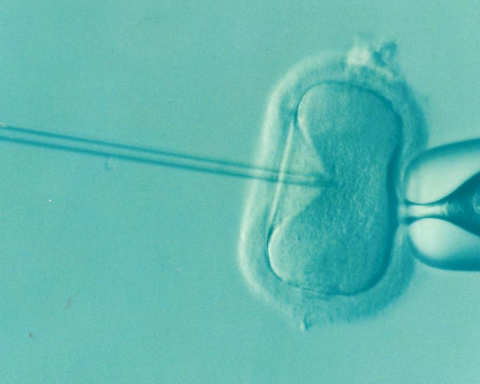Bananas are currently being considered by Ithaca, NY researchers as potential oral vaccine against HBV (Hepatitis B Virus).
HBV affects over 2 million people worldwide. The Roswell Park Cancer Institute (RPCI) estimated in 1996 that approximately 20,000 to 25,000 Americans are infected every year. However, in 1998 the CDC estimated the new annual cases close to 200,000.
HBV is 50 to 100 times more infectious than AIDS because it is present in body fluids and blood of infected individuals and can be transmitted within households. HBV infection could lead to liver cancer, liver damage, and death. Since 1991, Hepatitis B vaccine has been advised as a regular adult vaccine since 1995.
WHO advocated that countries not immunizing against HBV should adopt it right away and countries currently immunizing against the infection should continue with the practice.
In 1996, Rockefeller Foundation approved the vaccine research grant to BTI (Boyce Thompson Institute) for plant research, a non-profit organization affiliated with Cornell University. The National Institute of Allergy and Infectious Diseases funded the preclinical trials. In 1999, Axis Genetics of Cambridge, England funded the clinical trial which paved the way for the edible Hepatitis B vaccine development.
According to the June1, 2007 issue of ACS’ Biotechnology Progress, bananas emerges as the best oral vaccine for Hepatitis B to millions of developing countries. The authors, India’s V. A. Bapat and colleagues, explained that the production of vaccine has economic advantages considering that at during those time, there has been 1 million new cases of HBV infection every year and an estimated 75 to 100 million individuals may die of liver cancer or liver cirrhosis. Further development and research was needed to exploit bananas against HBV global battle.
As of February 2013, approximately 350 million people are infected with Hepatitis B virus around the world and about a million people will die of the infection. Hepatitis B is an incurable disease and the current vaccines are very expensive, meaning, they are not available to remote areas like Africa. The easier and cheaper medium to transmit the vaccination antigen to people at risk of the disease around the world is through the banana vaccine.
Oral vaccines are theorized to be more effective because they create short and long germ benefits compared to injected vaccines, as they stimulate both systematic immune and mucosal responses. The drawback of Banana Vaccines is that growing the bananas requires a lot of land and care and which government will take responsibility of growing vaccinated bananas and control the sale to consumer market. The safety and administration are also another concern because it will be determined by age, weight, and ripeness, meaning no two bananas have the same dosage.
Health practitioners may have to relearn their knowledge about vaccinations and training on the storage, dosage, and safety must be implemented which could be very expensive for health institutions practitioners. More researchers with high tech equipment, laboratory, and funding are needed to continue developing bananas as Hepatitis B oral vaccine. [Source: Janet Grace Ortigas on The Guardian Express]








